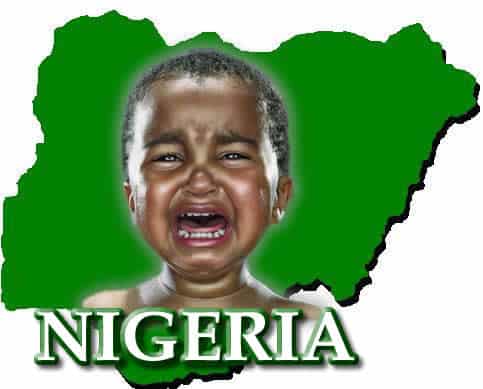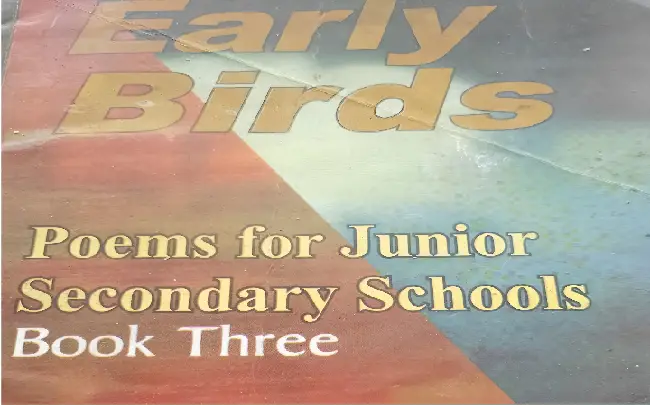Nigeria My Country is a poem about Nigeria and a reflection in which the poet expresses his sadness about the current state of his country amidst his love for the great nation. The poem depicts the love every citizen should have for their country even when they seek freedom and greener pasture.

Nigeria My Country Poem By Ramon Yusuf
Green, White, Green
Is our colour
A nation built on hope and dreams
By amiable men of honour
Once we were at the tip
Stronger than the Titanic ship
Now, look at where we are
Maybe, it’s just a norm in Africa
Leaders of today, Agbado and co
Leaders of tomorrow, professional fraudsters
Deceit leads and truth follows
After all, it is but a prank
Righteousness, always at the peak
Opening prayer before we speak
Yet, the basket of morals leaks
And patriots are seen as freaks
Still, many conquer
And rise above the brouhaha
To become champions of the world
These are the selected few
Some say they are built for the struggle
Some believe they were only lucky
Some kind of genotypic puzzle
That is solved by “destiny”
Nigeria, my country
I will be faithful, loyal, and honest
But won’t think twice to be free
If japa becomes a skill, I shall be the best
How funny it may sound
But the truth is bitter
Even those who put us at ease now
Run away later
Yet, we need to ask
Is this the right choice?
To escape the pains of fatherland
To a land where I am hated for being different
So, I have to decide
To either take the knee
Or join the protest
Either way, I may not return
But my love for Nigeria is above
I shall remain and fight for my place among heroes
And continue to tame the wolves
Because Nigeria is my country
Commentary Of Nigeria My Country
The poem “Nigeria My Country” is a heartfelt and thought-provoking piece that reflects the complex emotions and experiences of the poet as a citizen of Nigeria. It explores the country’s history, challenges, and struggles faced by its people in a candid manner.
The poem begins by celebrating Nigeria’s national identity, symbolized by the colours green, white, and green. It acknowledges the nation’s foundations, built on hope and dreams by honourable individuals. However, the poet acknowledges that there has been a decline from a once powerful and promising state to a place of disillusionment.
The portrayal of Nigeria as a nation where righteousness is emphasized through prayers but moral values are lacking suggests a disconnect between words and actions. The leaders, both present and future, are criticized for their shortcomings, being described as “Agbado and co” (representing the current leaders) and “professional fraudsters” (referring to the potential future leaders).
The poet also acknowledges that some individuals rise above the challenges and become champions, despite the difficult circumstances they face. The concept of fate and destiny is explored, suggesting that some are destined for greatness while others struggle to find their way.
The poet expresses conflicting emotions about the country, torn between loyalty and a desire for freedom. The term “japa” (a Nigerian slang for escaping or leaving the country) reflects the temptation to seek a better life elsewhere, but the poet’s love for Nigeria keeps them anchored to their homeland.
The poem also highlights the dangers and risks associated with speaking out against injustice in Nigeria, as protests and dissent can be met with violence and persecution. The poet acknowledges the difficulty of choosing between conformity and resistance but ultimately decides to stay and fight for their place among the heroes.
In conclusion, “Nigeria My Country” poem is a poignant expression of patriotism, love, frustration, and hope. It captures the struggles faced by the Nigerian people, the challenges of leadership, and the internal conflict experienced by those who wish for positive change. It serves as both a critique of the current state of affairs and a call for continued efforts to create a better and more just Nigeria.




